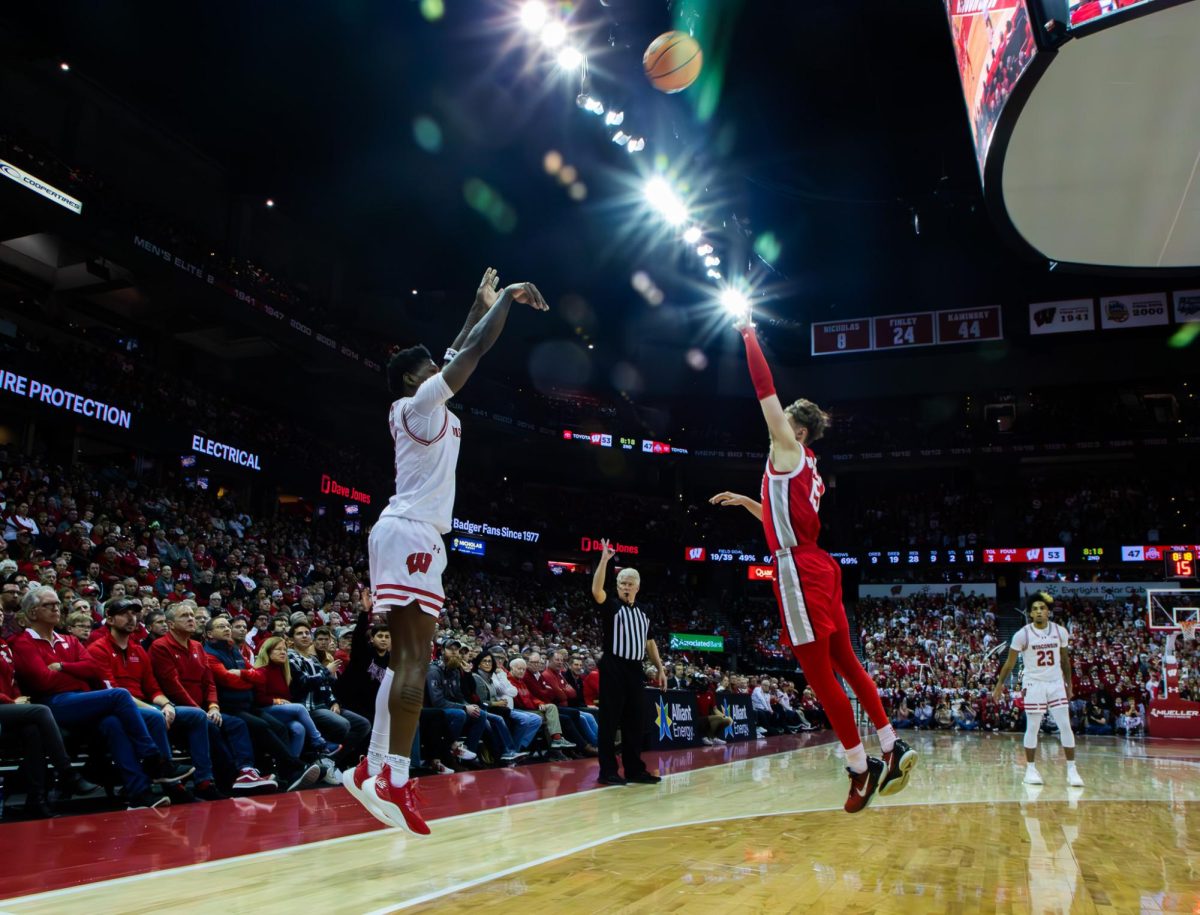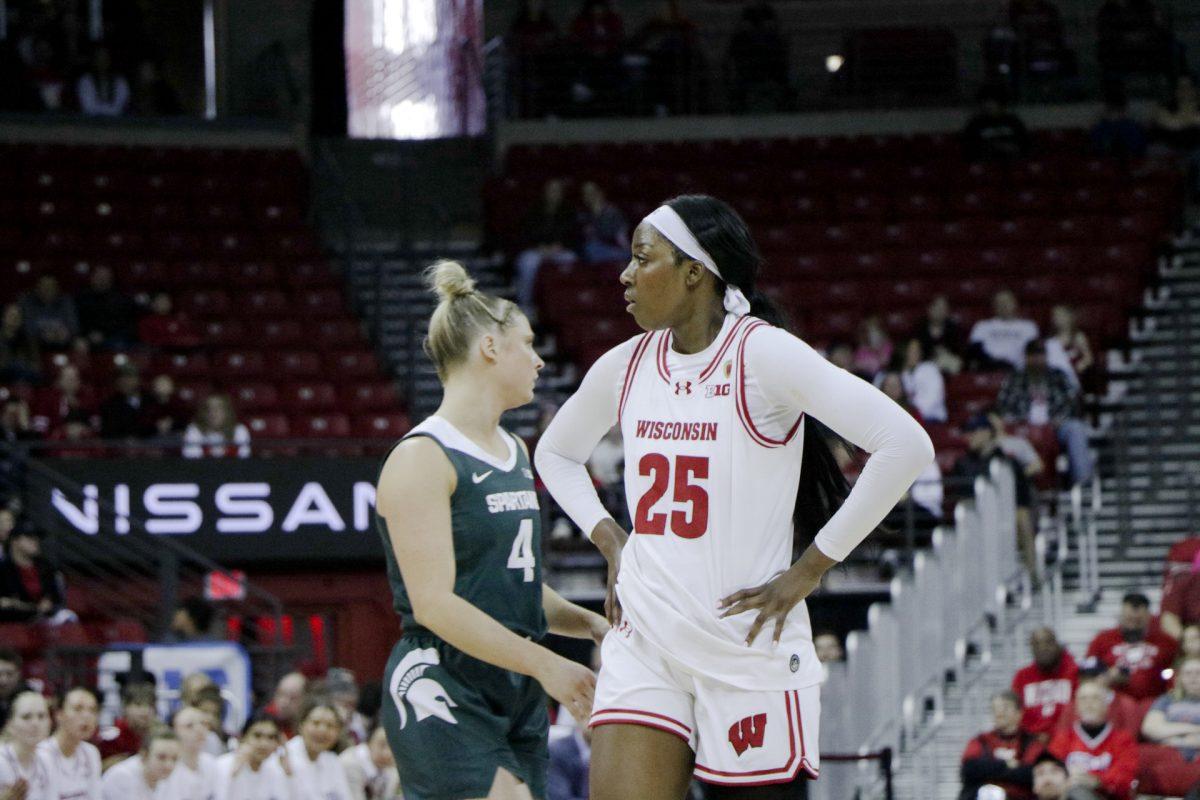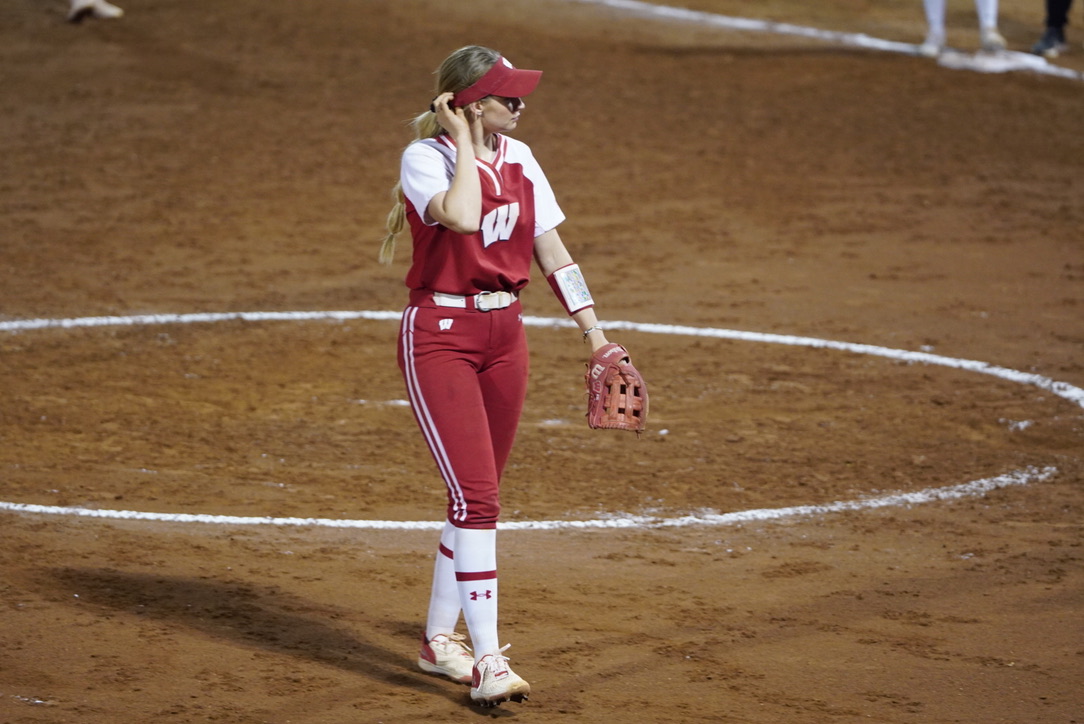If a pipe in your house freezes during the winter and subsequently bursts, you would contain the leak and have it repaired. But after you fix the leak, you wouldn’t just let the water that spilled from the pipe stand in your house. You would clean it up — well, unless you were the NCAA.
To put it in a more graphic way, if your child gashed his or her carotid artery and was bleeding profusely, you might call an ambulance and hope doctors could save your kid’s life. If you were the NCAA, you’d put a butterfly bandage on the wound, pat the kid on the back and go on your merry way.
That gruesome analogy wasn’t entirely necessary, but this is how the NCAA handles its interactions with student-athletes while running one of the most profitable organizations in the world of sports, at least in terms of the organization itself.
But this week it looked like things were starting to look a little brighter — think maybe one candle in the middle of a dark night brighter. Earlier in the week, the NCAA Legislative Council approved a measure that will not place any bans on food amounts for member Division I schools and their student athletes.
Don’t get me wrong, it’s a good piece of legislation, but it’s rather ridiculous there is even a limit on the amount of food schools can give to its athletes in the first place. Before this came about, schools were only allowed to provide three meals a day to athletes or food stipends, an amount that seems adequate enough as most people eat three meals a day. But you have to take into account these are athletes who practice and weight train in the same day and require more than the 2,400 daily calories that your average sedentary college journalist needs.
There have been college athletes such as former Tennessee running back Arian Foster and more recently Shabazz Napier of Connecticut who have brought the issue of going to bed hungry and not having enough to eat to the forefront. Although these athletes are not starving by any means, the fact that the NCAA is so power hungry that it controls the feeding of the players is unbelievable. Maybe if we were to go back several hundred years such a rule might seem feasible, but this is the 21st century, and indentured servants are a thing of the past.
The rule is a good start — it will allow athletic programs to decide how much they want, or can afford, to keep their athletes full — but it’s only a start. It’s one of those little Flintstone Band-Aids on a gaping wound at the heart of the body.
Although the new legislation was a tiny step in the right direction, it’s safe to say that another story this week was two large damning steps in the opposite direction. A story in The New York Times from Wednesday detailed the Jameis Winston sexual assault case from last fall, a case that went down without any prosecution against Winston. But as the Times’ story went on to detail, which other websites went on to mimic in their own stories, is how little the law enforcement wanted to get involved in the case — the authority was obstructing the authority in the case.
No one, except for maybe those with extensive knowledge and training in the letter of the law, is in a good place to make definitive and unbridled judgments about what should have happened. But what can be said is that clearly justice to the full degree wasn’t achieved and, worse yet, something like the Winston case happens all too often.
Regardless of the level of the sport, money matters, and star players in jail don’t make anyone high up in sports organization money or money for anyone at all.
Back in 2010, Lizzy Seeberg, a student at St. Mary’s College, which is right next door to the University of Notre Dame, was raped by a player on the Fighting Irish football team. Seeberg went to the police and reported the incident. In the short time after doing so, however, she received multiple texts from a friend of the player’s who said, “Don’t do anything you would regret. Messing with Notre Dame football is a bad idea.”
As it turned out, that friend was unfortunately right to a degree. The player was never revealed because he was never charged, and the outcome of the event pushed Seeberg, who had depression, to suicide. Although this case is hardly representative of the image of every football player, horrific events like these do happen and, with how much they get covered up, perhaps more often than we might think.
People get away with breaking laws and rules all the time, and maybe it’s just the spotlight in sports that makes it seem like these instances are more frequent in the sporting world. But whether or not these cases like Winston’s and the Notre Dame players or smaller infractions like testing positive for illegal substances frequent sports more, the special treatment of being an athlete needs to end.
Obviously this issue runs a lot deeper into the past, a culture of glorifying athletes to the point of blindly disregarding their mistakes. However, when the NCAA makes rule changes like this week when the organization lowered the ban for testing positive for a banned substance from a season to only half a season, it certainly isn’t helping set a standard for proper behavior. The NCAA isn’t the only one at fault, but it has greatly contributed to the idea that if you, as a top athlete, break a law, more times than not you can get away with it without facing the circumstances. Athletes make money for the NCAA and these college towns and, without the athlete, there is no money.
This is not an indictment of athletes everywhere, but merely the culture behind them that lets a select group get away with mistakes. It’s about time that culture changed.



















